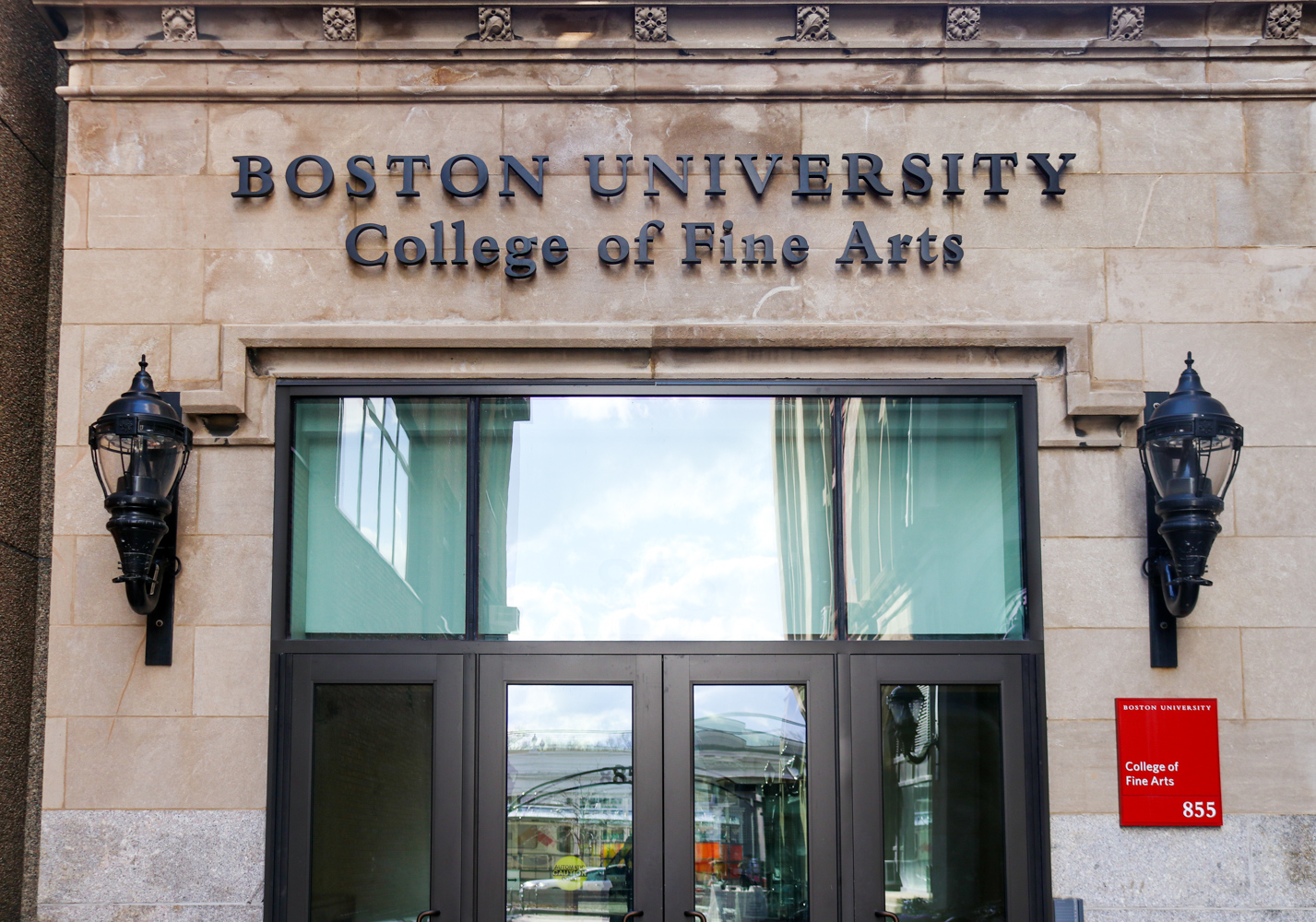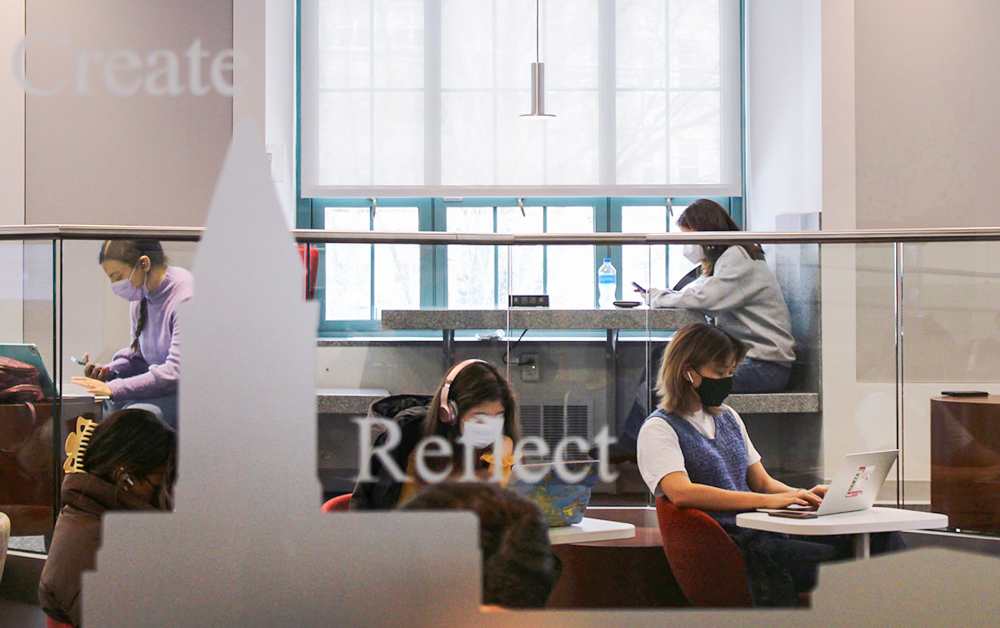A number of incoming college students are unprepared for heavy amounts of college coursework, an issue officials and legislators may have to address, according toa recent study.
The American Association of State Colleges and Universities’ study, released Tuesday, found that between one- and two-thirds of incoming college students have at least one academic deficiency.
“There has been increasing concerns among university presidents that too many students are coming to our campus without sufficient skills in reading, math, science or writing, the kind of fundamental skills needed to succeed in college,” said James Votruba, co-chair of the study.
These deficiencies are reflected in students’ SAT, ACT and state standardized test scores, Votruba, president emeritus and professor of education leadership at Northern Kentucky University, said.
Votruba said a number of high school students are not aware of the level of proficiency that will be demanded of them in college and are not exposed to rigorous coursework.
He said students might be lacking personal skills necessary for college success.
“One dimension of being prepared for college is to be academically prepared,” Votruba said. “But it also includes personal motivation, self-advocacy, social support and personal characteristics, all of these things are necessary.”
Votruba said colleges and secondary schools should align curricula to better prepare students. He said colleges must inform secondary schools what skills students need to learn before graduating.
State policy makers must also work with colleges and secondary schools, Votruba said.
“In order to assure this nation sustain its performance in terms of economic growth and competition in the global market place we have to do much better than we are doing now, not only at the university level, but at the state level,” he said. “The stakes are enormous for this country. We see this as a crisis that needs to be addressed immediately.”
In 2001, Congress passed the No Child Left Behind Act, which required government-run schools receiving federal funding to administer an annual statewide standardized test, according to the U.S. Department of Education website.
Under the act, spearheaded by former U.S. Sen. Ted Kennedy, creates standards for all students and public schooling systems to follow.
Votruba said adopting a common core curriculum would assist unifying standards.
The Common Core Curriculum State Standards Initiative, published in 2010, aims to create a set of uniform skills that should be mastered by all students across the country before graduation, said Margaret Millar, a Council of Chief State School Offices senior program associate.
CCSSO is a nonprofit organization that advocated for the Core Curriculum’s implementation, Millar said. Since its publication, the curriculum has been adopted by 45 states.
“This was a huge step forward, by taking what is taught in college and aligning it with what you teach in kindergarten to 12th grade,” Millar said. “The common core will let the student know that they are ready for post secondary education at all different levels.”
The Core Curriculum looks to identify skills that should be mastered at each grade level, provide nationally standardized test that shows these skills are being mastered and teaching materials to reach these education goals, Millar said.
Hans L’Orange, vice president for research and information resources at the State Higher Education Executive Officers, said his organization endorses and supports the curriculum at a state level.
“There is a growing awareness that more can be done to make the transition between college or the workforce more seamless and aligned, so that when students enter college, they are ready to do college level work,” L’Orange said.
Boston University professor of education Scott Seider said the core curriculum could help prepare students.
“What’s exciting about the common core standard, from my perspective, is they are incredibly focused on the skills that secondary students need to be successful for the college careers in front of them,” he said.
He said the curriculum is still being unpacked in Massachusetts.
“It is too early to be seeing results, but I think we are starting to see shifts in practice,” he said.
Allison Boyd, a senior at Nanuet High School in Nanuet, N.Y., said while she has begun the college application process, she is unfamiliar with collegiate academics.
“I have been told that in college classes meet two to three times a week, but other than that, not totally clear how it works,” Boyd said.
Alix Fischer, a senior at Tappan Zee High School in Orangeburg, N.Y., said her high school has been attempting to prepare students for college.
“My school did pretty well on covering everything,” she said. “We were exposed to a lot different areas, academics, sports, music and art.”

























































































































